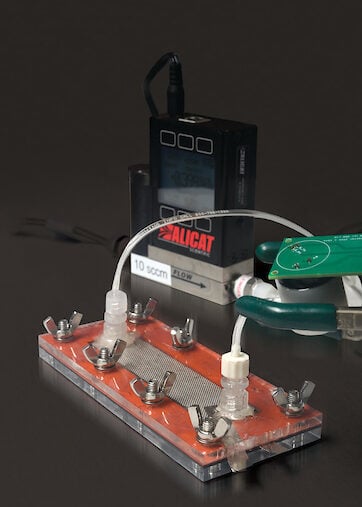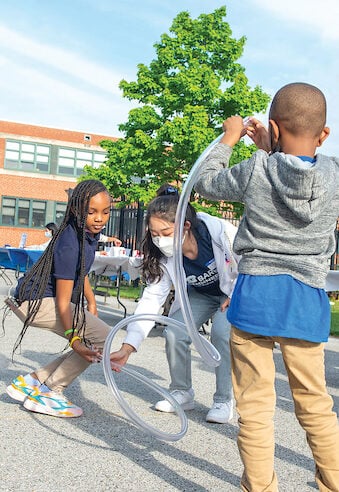
A Powerful Tool for Cancer Detection
Johns Hopkins engineers have created a new optical tool that could improve cancer imaging.

Johns Hopkins engineers have created a new optical tool that could improve cancer imaging.

Researchers at the Whiting School and JHU’s Applied Physics Laboratory (APL) are developing lithium-ion batteries capable of operating in some of the world’s coldest environments.

Yun Chen’s research harnesses quantum mechanics to engineer synthetic proteins, potentially transforming biomedicine, tissue engineering, and quantum computing.

Johns Hopkins study finds doctors benefit from AI in telehealth but hesitate to fully trust algorithms, highlighting need for improved AI explanations.

Hopkins Engineering faculty trending in the media

Johns Hopkins study reveals COVID-19’s impact on opioid deaths, reducing U.S. life expectancy and disproportionately affecting minority communities, highlighting a growing crisis.

The large language models (LLMS) that power many popular text-based artificial intelligence applications are vulnerable to jailbreaking attacks, during which a user enters a malicious prompt to bypass an application’s guardrails to trick it into making inappropriate or harmful content.

Johns Hopkins researchers develop a cost-effective carbon capture device using indigo dye and electricity, achieving 80% efficiency in tests.

For 20 years, the Whiting School’s Center for Educational Outreach (CEO) has focused on igniting and deepening a passion for STEM in pre-K–12 students and teachers, while strengthening Johns Hopkins Engineering’s connections in the Baltimore community.